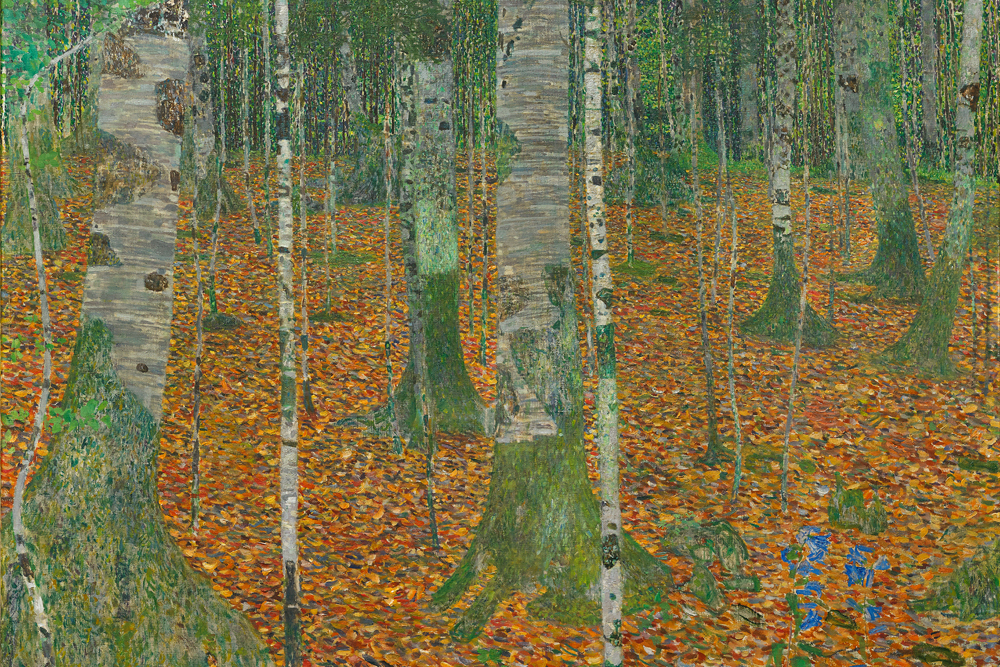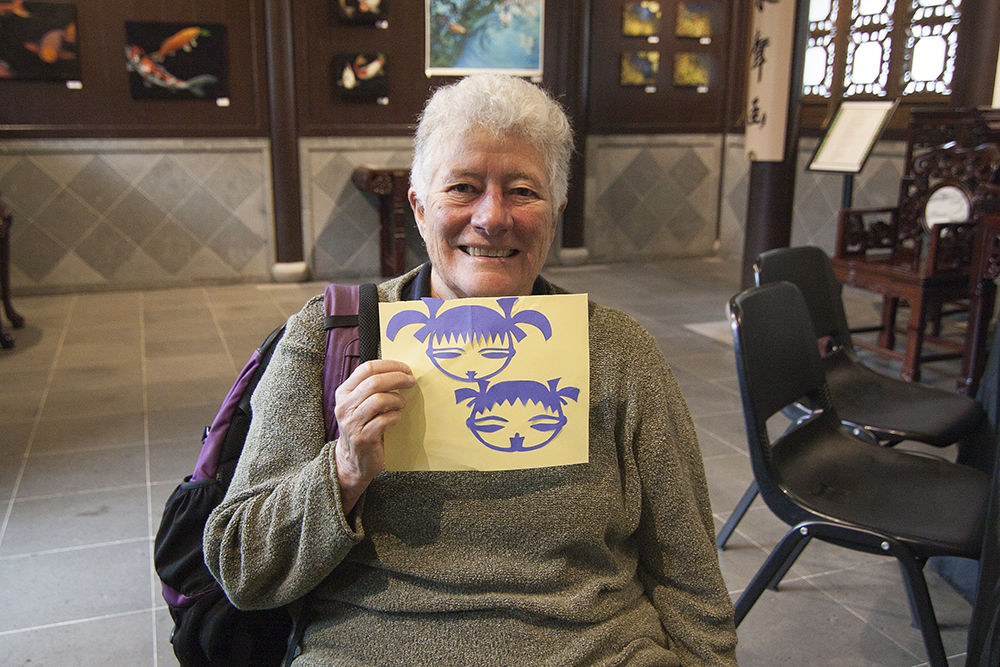CAT Barcamp is an “unconference” that gives presenters a chance to talk about absolutely anything they want free of charge and with no prior notice.
This year’s event–which was open to students, staff members at the CAT (Computer Action Team) and other interested parties alike–kicked off on the morning of October 10, when prospective speakers stepped into Portland State’s engineering building to sign up to give presentations at varying time slots. Each slot had as many as eight different presentations happening concurrently, on topics as diverse as the history of the CAT group, cold weather survival and submersible robotics engineering.
Just before his presentation, PSU student Tyler Coleman explained how underwater robotics became his topic of choice because it was an obscure field he has a background in.
“You don’t need much money at all, and you actually don’t even need to know how to program,” Coleman said. “It’s something that pretty much anybody could do if they have just a little bit of cash on their hands.”
Coleman once nearly won a robotics competition with a robot built mostly from duct tape, PVC pipe and bottles, according to him.
“To get started in robotics, you don’t need to know anything, really,” Coleman said.
An hour before Coleman’s presentation, Theodore Mason, a CAT Barcamp organizer and a CAT human interaction support specialist, gave a talk about cold weather survival and how to build a quinzee—a shelter made from a hollowed-out pile of snow. Mason’s topic was a perfect example of a talk that deviates from discussion of technology, according to him.
“Even the people who are super good at technology…they don’t know anything about what I’m saying when I come there,” Mason said. “It really highlights the equality that people have. Anybody can give a talk.”
CAT Barcamp provides a setting for networking opportunities with professors, alumni and industry workers, Mason explained. Unlike common networking events such as job fairs, however, the CAT Barcamp gives presenters a more casual context to engage prospective employers or collaborators in, he added.
“That just isn’t really a thing that is open to students,” Mason said. “There have been a lot of ways that [networking events] tried to do that, but they never really come off well in my experience.”
CAT Barcamp is an event where people bring whatever energy and fun they find in their fields and deliver that enthusiasm to a wider audience, according to Mark Williams, another organizer and CAT human interaction support specialist.
“We’re glad to have a lot of knowledgeable, experienced people come down who are very active in their fields, whether it be computers or something else,” Williams said.
The event has its roots in Beaver Barcamp, a similar yearly event held at OSU, according to Williams. When Beaver Barcamp went from being held twice annually to just once, workers at the CAT decided to start a sister event, he added.
Conferences in the tech field are usually both expensive and rigidly structured, Williams said. These were two of the main factors leading to the inception of relatively unstructured Barcamp events, he explained.
“That way, we get people that are not necessarily just reading through a bunch of slides, but people that are really interested in what they have to talk about,” Williams said. “It really changes the whole dialogue.”






